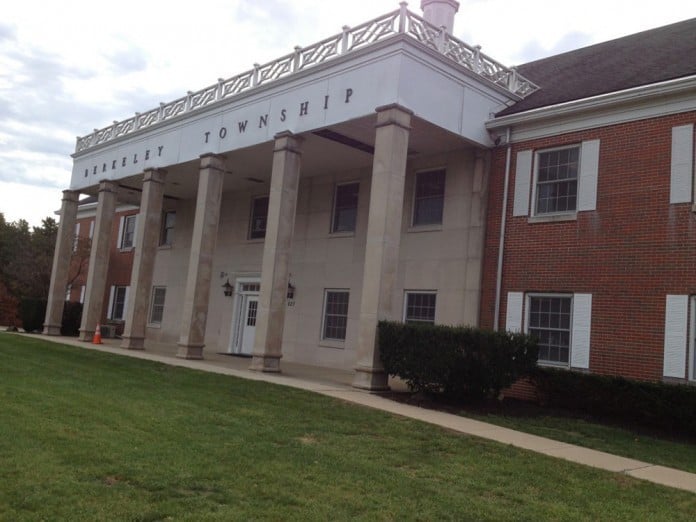
BERKELEY – A new tax plan and a new governor had township officials urging residents to keep an eye on where their tax money is going.
While the municipal tax rate has stayed the same, state and federal taxes are a question mark. A common complaint of Ocean County residents is that their taxes go to benefit towns up north. Also, statistics show that New Jersey pays more taxes to the federal government than it gets back in the form of services.
“We’re a giveaway community,” Councilman James Byrnes said. The new tax bill might not help that.
For second homes, you won’t be able to deduct the mortgage or the depreciation as the bill is currently written, he said. This will hurt his ward, which is full of second homes on the water.
The bill will also add $1.5 trillion to the federal debt over the course of 10 years, which would be worse for everybody, he said.
The statements from politicians promoting this bill have said that the average homeowner is going to get money back, but other policy changes will suck up that money, he said.
Mayor Carmen Amato said he hoped that the new plan will keep the state and local tax deduction. Currently, New Jersey residents have this deduction (SALT), which would prevent double taxation. However, the proposed tax plan won’t have this.
The Township Council passed a resolution urging the Senate to keep this deduction.
Township officials were also concerned about school taxes.
Within the state, some districts receive more state funding (which comes from taxes) than others. The examples Byrnes gave were Asbury Park and Jersey City.
A few urban districts spend three times as much per student than local Berkeley schools, Byrnes said. For that kind of money, the school district should institute afterschool programs to make sure kids are given a safe place to get a good meal so they are not out on the streets.
Berkeley Township has thousands of residents who qualify for the senior freeze, and many residents are on fixed incomes, Amato said. The township has a lower median income than 11 of the 32 Abbott districts, and yet the township is not treated as such.






